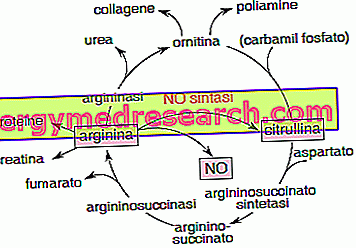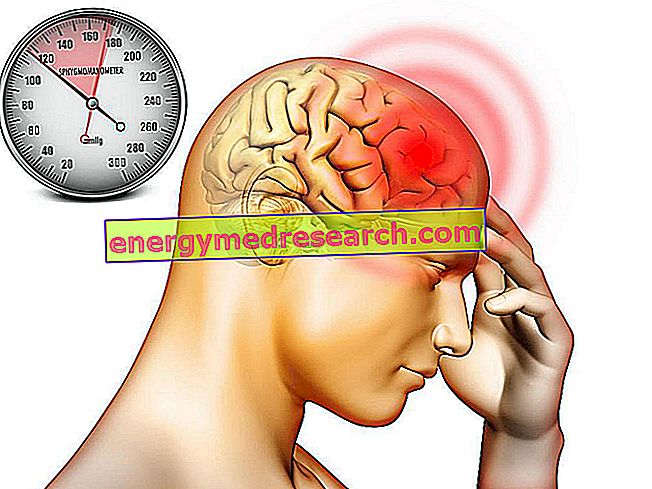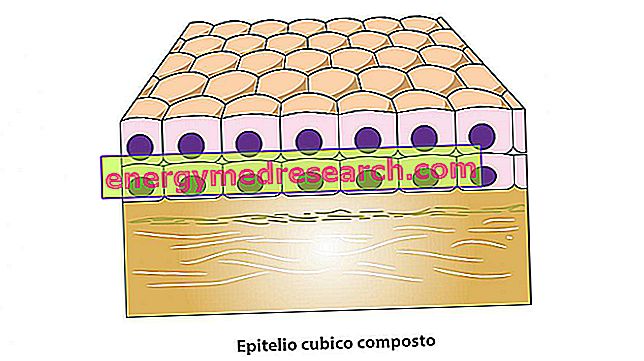Related articles: Arterial Embolism
Definition
Arterial embolism is a pathological condition due to the obstruction of one or more arteries by one or more emboli. Embolus is defined as any material of chemical composition different from that of blood and immiscible to it (usually a blood clot, but also an air bubble, an accumulation of lipid material, a parasite or a foreign body), which is transported in the blood stream up to a lower caliber vessel, in which it stops its run causing more or less important circulatory disorders.The symptoms of arterial embolism and its consequences depend on the site of stop of the embolus and on the caliber of the obstructed artery. The tissues downstream of the obstruction, in fact, suffer due to the poor supply of blood, therefore of oxygen; therefore, if the obstruction is prolonged these tissues can also be irreparably damaged or go against death (necrosis). Arterial emboli form very often in the legs and feet. Other times they can affect the brain, causing stroke, or the heart, causing myocardial infarction. Less common locations include the kidneys, spleen and intestines, where arterial embolism is generally well tolerated (the patient experiences sudden and intense pain in the site of embolism, but organ functions are generally not damaged in permanently).
Factors able to favor the formation of arterial embolisms include atrial fibrillation, damage to an artery, an accident, surgery, increase in platelets or platelet aggregability, mitral stenosis, endocarditis and atherosclerosis.
Early symptoms of arterial embolism in the arms or legs may include:
hypothermia (drop in temperature, with cold skin) of the affected limb;
feeling of cold in the fingers;
weakness and lack of strength of the affected limb;
numbness and tingling of the affected limb;
difficulty moving the affected limb
reduced perception of heart rate in the affected limb
If the obstruction caused by the embolus is not resolved in good time, skin and gangrene ulcerations may occur.
The symptoms of an arterial embolism affecting an organ vary according to the severity of the occlusion and the tissues involved. In general, pain appears in the part of the body corresponding to the anatomical area of the organ involved; at the same time there is a more or less serious reduction in organ functions.
Most common symptoms and signs *
- Tingling in the legs
Further indications
The complications of arterial embolism, including the more serious and fatal ones, can be partially averted by the immediate administration of thrombolytic drugs (streptomycin). Equally important, from a preventive standpoint, the role of anticoagulant drugs (warfarin, heparin) and antiplatelet agents (such as aspirin, clopidogrel and ticlopidine).
Given the dreaded consequences of arterial embolism, if you were assailed by its typical symptoms, it is important to request immediate medical help.



